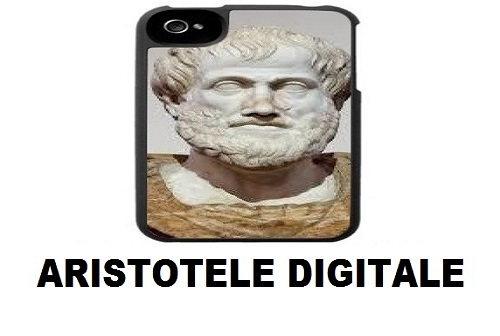I repeat, obsessively: when the mode of production changes everything changes. We are in the digital mode of production which however does not cancel the industrial one, rather it devours it. Hence, politics and policy also change. The key word of politics is “command”, and the figure is the helmsman, the kibernete.
Metaphor of all power, how is the helmsman perceived? Modernity affirms that he is who knows and therefore can foresee, and since he knows why he foresees, he foresees why he knows. On the other hand, for the ancient Greeks the helmsman’s skill lays in his ability to respond to what is not foreseeable.
The very idea of politics has been overthrown. For the Greeks, politics is an ethical issue, it concerns doing and within doing, the poiein, the unexpected, the kairos, is also given. In the modern time, on the other hand, it is a technical question, a technique that is considered hyper-determined and decisive.
At stake (in politics) there is not only the way we know and decide, but also the relationship with the world, with things, and with other men.
Let us consider Aristotle in his Ethomics in Nicomachus: there is an agent, there is an act, not a subject and an object, not one who commands over the other in the name of Power, but a possible relationship between what acts and what is acted.The work is carried out when the subject, or the agent, relates to the act, that is, the matter with which the thing is done. A phatos is established between the agent and the act: there must be a condition of understanding. By touching the clay (having experience, listening to what the clay says), the craftsman “knows” the “size” of the pot, the way the clay will be transformed during cooking, and so on. We could say that he “knows” its possible form.
In the reciprocity between agent and act, between subject and object, the technique lies in the middle and is neither good nor bad, but efficient or not. Where this reciprocity is not established, a situation of hybris is generated, a sort of perversion in the relationship between man and nature.
The digital mode of production, now dominant, has everything in order to return to this pathos, just as it has everything in itself to bring this hybris to the totality: it is up to us to govern it, and to rule on politics and policy changes.








